Bretschger, Lucas. "Getting the Costs of Environmental Protection Right: Why Climate Policy Is Inexpensive in the End". Ecological Economics. Accessed January 16, 2025. https://www.sciencedirect.com/...
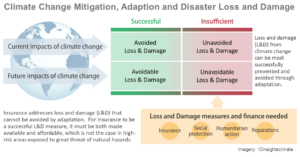
The misconception that stringent climate policies are too costly is widespread among political decision-makers and the public and an often-used argument by governments for sluggish policy making. However, the cost argument ignores the long-term economic benefits of policy changes and is build on the decomposition of environmental impact into separate population, income, and technology effects. This method of decomposing environmental impact calculates costs of climate policy that are far too high. The aggregate economic assessment of climate policies in a holistic economic-ecological system shows economic growth is only initially moderately reduced by a strict climate policy. The cost of climate policy overlooks its long-term benefits, which depend on avoided climate loss and damages.
Posted on 16/01/25
Recent Abstracts
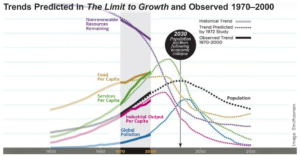
The Real Message of 𝘛𝘩𝘦 𝘓𝘪𝘮𝘪𝘵𝘴 𝘵𝘰 𝘎𝘳𝘰𝘸𝘵𝘩 – A Plea for Forward-Looking Global Policy
The Limits to Growth (LtG) published in April 1972, called for managing the reduction of resources used in economic development. It warned that overshoot will be caused by significant institutional delays in decision-making and showed how the equilibrium between remedial action and ecosystem improvement could be achie ...
Posted on 05/02/22
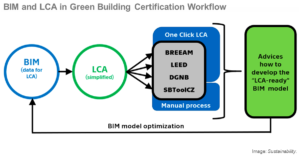
Building Information Modeling for Environmental Impact Assessment in Early Design Phases: A Literature Review
Building information modeling (BIM) and building energy modeling (BEM) are two key tools for transitioning to net-zero energy buildings (NZEBs). This review discusses the connection between BIM, BEM and life-cycle assessment (LCA) and their role in the development and operation of net-zero carbon (NZC) buildings. It ...
Posted on 04/02/22
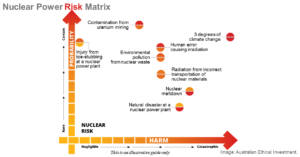
Potential Liability of Governments for Failure to Prepare for Climate Change
This paper examines the potential legal liability of governments by accumulating risks of climate change. It addresses negligence, fraud, and takings, describing the benefits and challenges of each, and explores ways to overcome a government’s claim of sovereign immunity in the context of a negligence claim. It descr ...
Posted on 03/02/22
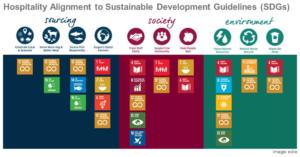
High Performance Hospitality
The cases describe the environmental, social and financial advantages and applications of hotel design, construction, and operations to assist in expanding a high-performance development resources network. They are grouped by category – mid-rate, conference center, and luxury – and cover the resource for the project d ...
Posted on 02/02/22
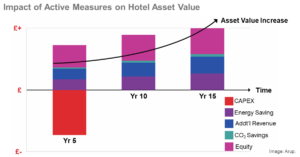
Exploring Green Hotel Competitive Strategies by Using the Hybrid Method for Complex Data Analysis
Green hotels emphasize safety, health, and environmental friendliness. They promote green operations, green consumption, environmental protection, and the reasonable consumption of resources in operations. This study explored the criteria and competitive strategies of green hotels in the development of criteria syste ...
Posted on 31/01/22
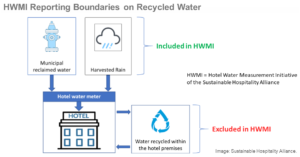
Sustainable Hospitality Alliance
The Sustainable Hospitality Alliance drives collaborative action. It is an alliance of senior executives from hospitality companies and industry partners who collaborate and cooperate on joint areas of action. The alliance develops open resources and programs to enable the wider industry to grow sustainably and opera ...
Posted on 29/01/22
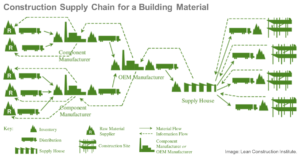
Defining Supply Chain Visibility for Industrial Construction Projects
Visibility is needed in the construction supply chain for sustainable procurement and decision-making. Supply chain visibility (SCV) is essential for on-time delivery and installation of materials and results in more effective supply chain management and improved project ESG performance. For effective communication w ...
Posted on 27/01/22

Together, Let’s Help Restore Our Earth
Accor advocates sustainable development and hospitality that respects the environment and communities in which the group operates. Chiefly through its “Planet 21” program built around employees, customers, partners, communities, food, and buildings, it limits its negative social and environmental impacts. Accor's “Pl ...
Posted on 20/01/22

Ecolabeled Travel Offerings
Tourism 2030 DestiNet Services reports that there are over 200 certification programs on sustainable tourism – certificates operating worldwide, certificates in Europe (in two or more European countries), and national certificates. The Austrian ecolabel for "Green Meetings and Green Events" is said to be the first gree ...
Posted on 19/01/22
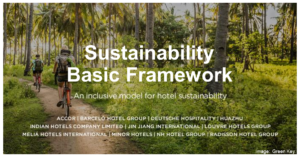
Top Players in the Hotel Industry Build Inclusive Sustainability Framework Accessible for All Hotels
Green Key is launching an initiative to drive responsible travel and tourism. Under a common framework and definition of "hotel sustainability", it aims to raise the basic level of sustainability in hospitality for all travelers and stakeholders and guide the industry towards sustainable change. In consultation with i ...
Posted on 19/01/22
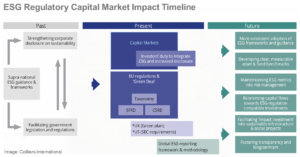
ESG: At a Tipping Point
The regulation of environmental, social and governance (ESG) factors in investment and corporate decision-making in capital markets has reached a tipping point. The new regulations create a standard for ESG reporting to facilitate sustainable investments. However, the drive to advance ESG-compliant investing is also ...
Posted on 17/01/22

Technical Guidance for Calculating Scope 3 Emissions
GHG Protocol Scope 1 includes emissions from the combustion of fuels by sources owned or controlled by the reporting company. Scope 2 comprises emissions from combusted fuels to generate electricity, steam, heating and cooling purchased and consumed by a company. Scope 3 encompasses all other indirect emissions in a ...
Posted on 16/01/22
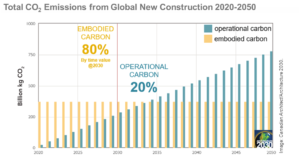
Growth in Floor Area: The Blind Spot in Cutting Carbon
The construction sector has focused mainly on improving its energy efficiency and the substitution of fossil fuels to decarbonize buildings. It has largely ignored the threat from the continued growth in the built environment. This article argues that embodied carbon in buildings can be reduced only at the strategic ...
Posted on 15/01/22
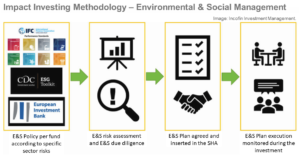
ESG Toolkit for Fund Managers
Environmental and social (E&S) risks are the potential negative consequences to a business that result from its (perceived) impacts on the natural environment or communities. Failure to effectively manage E&S issues in a business can lead to a range of financial, legal and reputational consequences for the com ...
Posted on 13/01/22
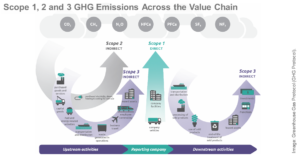
Net Zero Methodology for Hotels
This guide provides a methodology to support the hospitality industry in making net-zero commitments and taking action to achieve them. It sets out an adaptable approach for hotel companies of any size and sets a baseline from which hotels can pursue a net-zero target. The guide helps hotels to understand how emissio ...
Posted on 13/01/22

